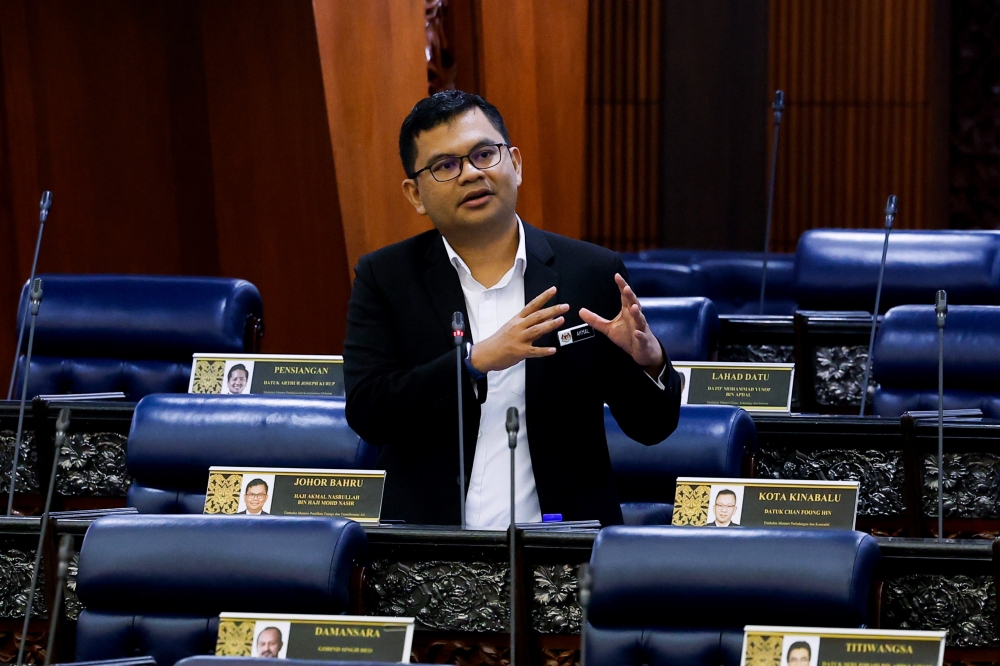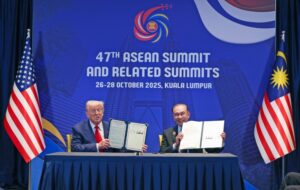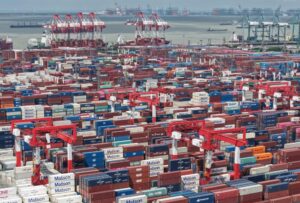KUALA LUMPUR, Aug 13 — Putrajaya said today it has maintained a profit cap of 7.3 per cent for Tenaga Nasional Berhad (TNB) for a three-year period under Regulatory Period 4 (RP4), a rate unchanged since 2018.
According to Deputy Energy Transition and Water Transformation Minister Akmal Nasrullah Mohd Nasir, any profit exceeding this limit will be returned to consumers through the Electricity Industry Funds (KWIE).
“The capped profit rate has been in place since RP2 in 2018, and any excess earnings will be channelled back to the people through KWIE,” he told the Dewan Rakyat here.
He explained that the capped profit is benchmarked against TNB’s investment needs, including upgrading and strengthening the national grid to support the Asean Power Grid, building and maintaining power plants, installing smart meters, digitalising the energy system, and accommodating greater integration of renewable energy in line with Malaysia’s energy transition agenda.
He also said government-linked investment companies such as Khazanah Nasional Berhad, the Retirement Fund (KWAP), and the Employee’s Provident Fund are among TNB’s main shareholders, with these entities receiving a total of RM15.75 billion in dividends from 2018 to 2023.
“The profit cap is intended to ensure TNB remains stable as a utility company capable of delivering quality services to consumers while providing reasonable returns to its main shareholders, which include the government-linked investment companies,” he added.
Akmal was responding to a question from Bagan MP Lim Guan Eng on TNB’s annual profit and the additional revenue it could gain after the electricity tariff hike for the commercial sector on July 1.
Replying to a supplementary question from Padang Besar MP Rushdan Rusmi on whether the ministry would consider introducing a “reserve tariff” or “returnable tariff” mechanism to return profits beyond a set threshold directly to consumers as bill rebates rather than through company dividends or CSR initiatives, Akmal said such returns were already in place.
“For example, those using less than 600 kWh will receive energy efficiency incentives starting now. Secondly, to further assist groups that use energy efficiently, retail costs do not need to be paid,” he added.
He said the government is rebalancing the tariff so that more funds go towards infrastructure, instead of the previous structure where nearly 90 per cent covered energy costs and only 9 per cent went to infrastructure.
He added that they are aiming to keep energy costs at around 40 to 50 per cent, pending confirmation of the exact figures.
“In principle, protection and returning benefits to the people have been implemented from the start. We have planned that for the next three years, users below the mentioned threshold will not be affected by automatic fuel adjustment
“Under this plan, if examined closely, 85 per cent of TNB’s users, especially domestic ones, are already enjoying reductions when using electricity at the same consumption level because these incentives were provided earlier,” he added.






